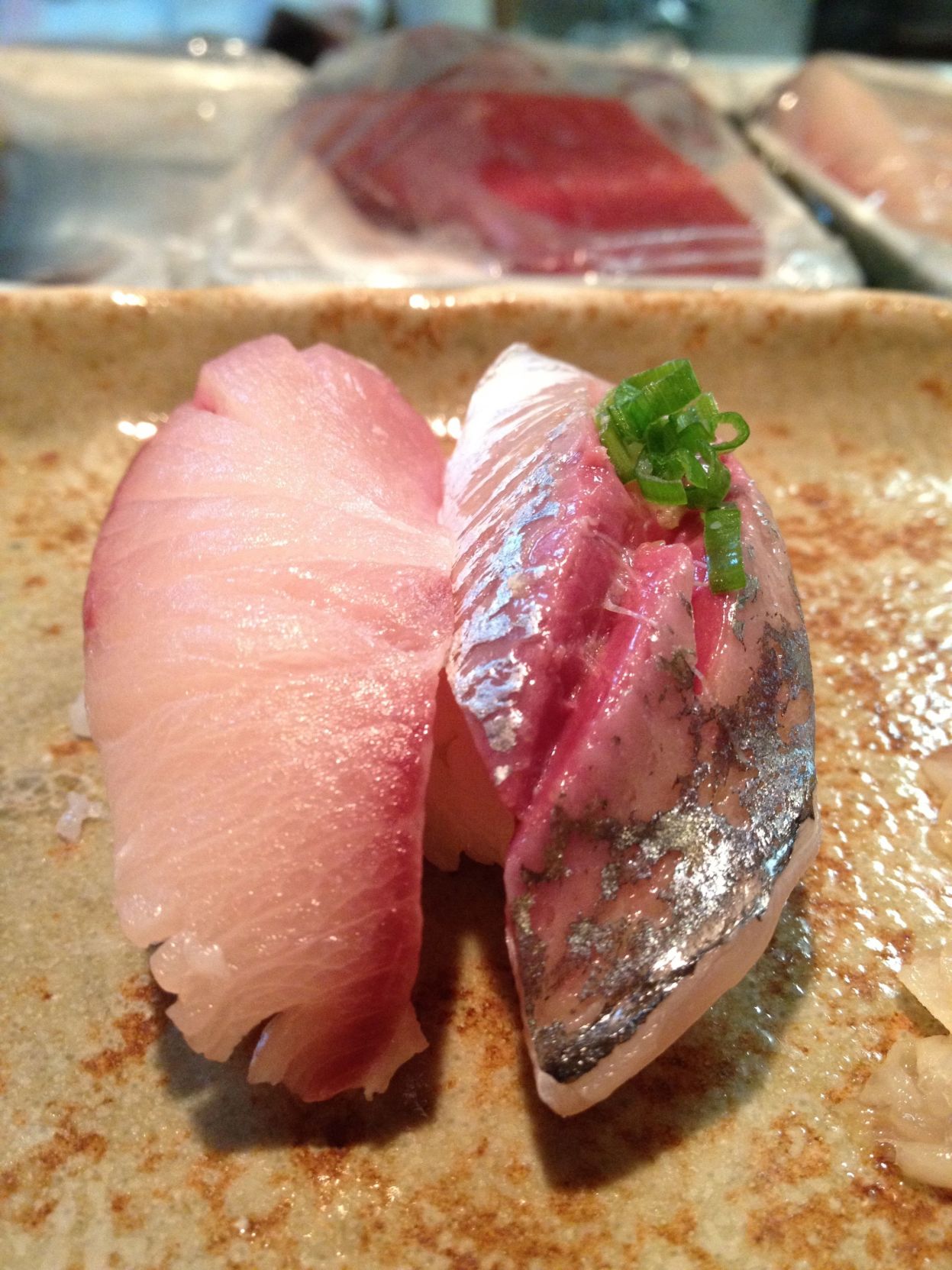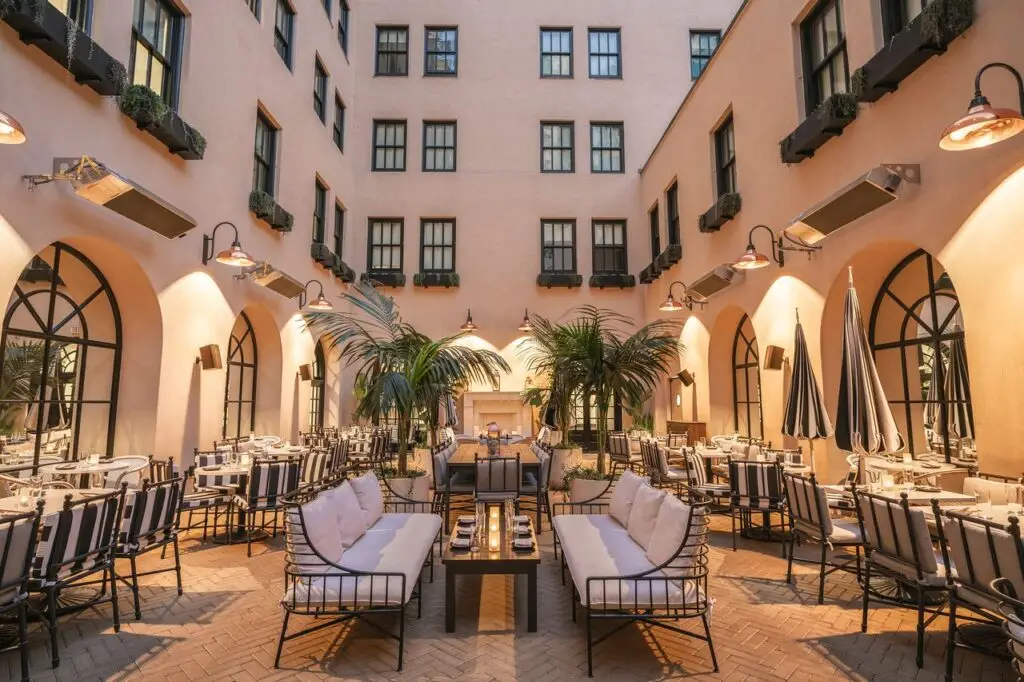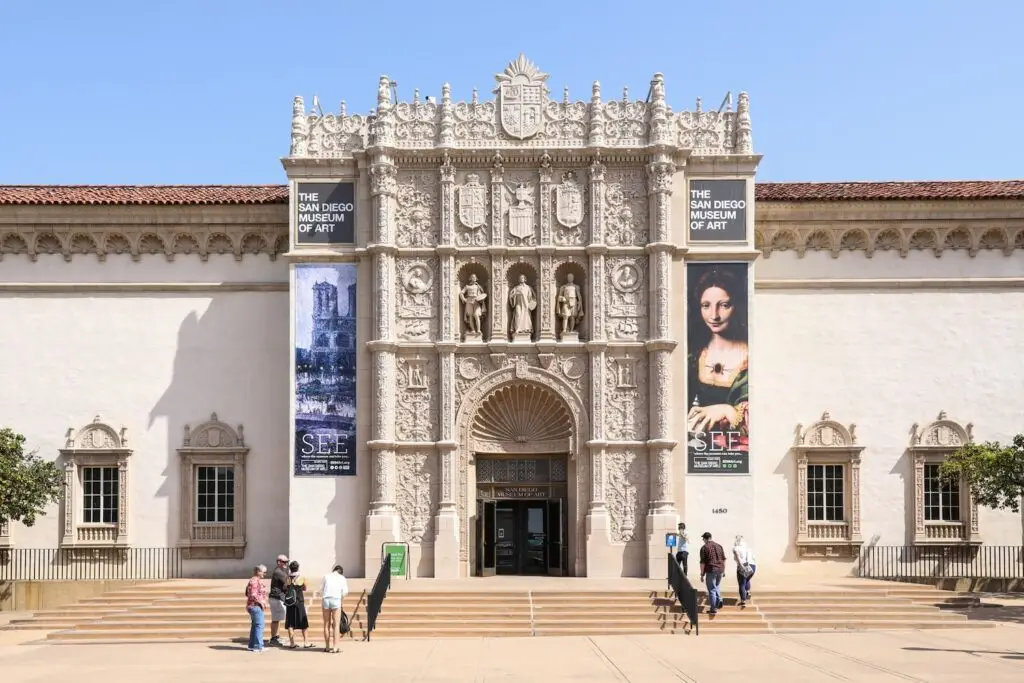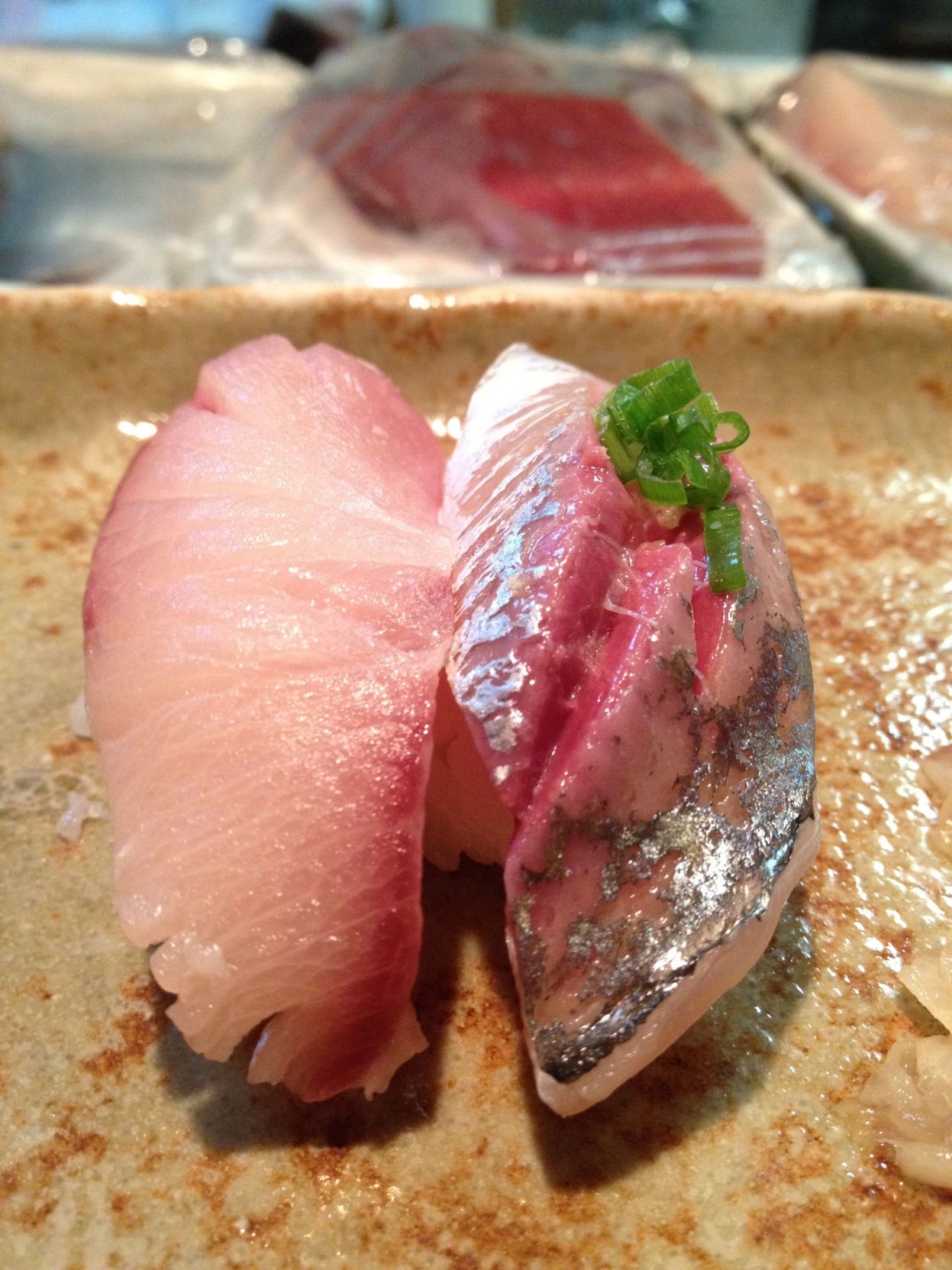I’ve been writing about food now for six years, and a restaurant critic for the last four. I’ve loitered in far too many restaurants. I’ve been lucky to travel across the country chasing American food legends for Food Network. And now I’ve started writing my first book about it all. Just freewheeling thoughts on the life of a restaurant critic and an itinerant TV talker. The book is tentatively titled **** Food: A Reluctant Love Story, full of my ideas on dinner, culture, class, lack of class, socioeconomics, media, TV, bone marrow and pale lettuce. And now I’ve started reading parts of it out loud to get my stories straight. On July 26, I’ll read with awesomely talented man-child chef Beau MacMillan at Sanctuary Resort in Scottsdale, Arizona. My first San Diego reading will be at Pirch in UTC on Aug. 7 for a little storytelling, a little food and a little beer. Please come join me. Laugh at me. I mean with. Whatever. Here is an excerpt from **** Food…
“LOOK YOUR FOOD IN THE EYE”… an excerpt
If I could eat only one single food for the rest of my life, it would be good bread with good butter. Second would be sushi. OK, no—Fruity Pebbles with ice cold milk (it would be a short, highly energetic life, with an insulin needle constantly dangling out of some part of me). But sushi is definitely third.
No other food makes you feel lighter than you were prior to eating it. Compare eating sushi to, say, eating lasagna. When the waiter asks if I would like anything else after a six-layer stack of carbohydrates, I think a pillow, my mouth guard, maybe some half-ass foreplay you gotta promise won’t go anywhere because I’m real tired. Pasta makes gravity feel like the plus-sized bully from grade school, squashing you because—well, why do bullies bully? Because you have a mom.
Eating sushi is the exact opposite; it’s pure helium for dinner. As if a burdensome part of you dislodges, turns into a mist, goes away. I always feel satisfied after eating sushi, but am also confident that I could moonwalk two inches above the pavement all the way to the car.
I know people who do drugs. They’re always talking about how a certain brand of street cocaine is a “clean” high. Apparently during an unclean high, your body feels like it has an infestation of some sort. Like maybe you need to call Corky’s Pest Control and see if you can get an IV filled with DDT. With a “clean” high, your body feels like it’s full of some sort of pure, electrified water, which makes it hum to a more inspiring frequency. Being full on sushi is a “clean” full.
In the ’80s, us Americans went fairly ape shit for sushi. Actually, we went ape for most things Asian. We went ape for Voltron, a robot made of many other robots, the toy industry’s riff on multiple personality disorder. We went ape for Hello Kitty—the most innocent toy in the world, which parents bought for their daughters thinking please god don’t learn of sex until we’re dead. Top Ramen became the Spaghettios of the 80s, with enough salt to turn our insides into prosciutto.
We especially loved Japan. It was this island of incredibly hard-working, well-mannered, straight-A people who got drunk and sang bad American songs into a Japanese-made microphone. Their porn was so creepy—seedy vacuum cleaner with eyes, meet animated schoolgirl—it was hard not to admire. The Japanese were like a cultural mullet: Business in the front of their day, party on the back. And the freaks ate raw fish! In personals ads, “love ngiri” became as popular as “really just want sex—don’t be clingy, please.”
Cynics claimed sushi was a yuppie fixation for Americans.
“TEN BUCKS?!” chortled Excessively Loud, White Coworker Who Still Talks About High School On Occasion. “Why don’t you come over to my condo. I’ll unwrap some fish and lay it on a ball of rice for ya, pal.”
True, we were paying good money for what was essentially a raw material. In Loud Coworker’s boob-shaped brain, it was like going to a baseball game and ordering a box of un-popped kernels.
I think America loved sushi precisely for this reason. A million years of evolution ingrained a lot of core, primal impulses into humans. We need to procreate, or at least screw each other. We need shelter. Every cell in us craves water. And we need real food like veggies, fruits, nuts, grains, meat and fish. Just plain old fish from the sea.
Not frozen fish sticks.
Looking like George Hamilton’s well-tanned but highly diseased fingers, America ate billions of fishsticks in the decade preceding the sushi boom (the ’70s). They supplied our growing bodies with important ingredients such as partially hydrogenated vegetable oil (trans-fats), caramel coloring (looks yummy, thought to cause cancer), sodium tripolyphosphate (makes fish look glossier, suspected neurotoxin) and TBHQ (a preservative, and a chemical relative of butane).
It wasn’t the only Frankenfood we enthusiastically ate in the ’70s. Most of our food was flavored, preserved, colored, fillered and tweaked. Our food was no different than that 60-something housewife who’s had so much plastic surgery that it looks like, instead of aging gracefully, she just went ahead and had her young face killed, stuffed and placed atop her shoulders like taxidermy.
You’d think that we’d be ashamed of this Frankenfood. Nope. We’re capitalists. Capitalism is the practice of taking a raw material and messing with it in a signature way. That way, it becomes something more and justifies a higher cost. We grind a corn kernel into flour. We add water to that flour, bake it into chips. We sprinkle those chips with radioactive Nacho dust. Nuclear chips are bent in half by Taco Bell to become nuclear taco shells. Nuclear tacos then become dinner for the food-sad and the stoned.
Eventually, some county fair employee pours Coke on it and deep-fries it in liquid pig fat. The end result is a mouthgasm—fun for the whole family and national headlines. But it’s worlds away from something the earth produced.
Don’t get me wrong. If offered 15 minutes alone in a closet with the object of my affection, it might be a Chili Cheese Frito. But I do think at the moment before sushi invaded America, our pantries were filled with so much pre-packaged, adulterated, transmutated frankenfood that we had a deep, cultural need to tackle a gazelle in the serenghetti with our teeth.
Sushi was as a close compromise. A piece of raw fish is remarkably near the nexus where life suffers death so that it can feed another life. It’s where the circle of life stops and starts, the endbeginning. For millions of years, when we were hungry we grabbed a sharp rock, tied it to a long stick, and swung it at the nearest unlucky living thing. With the packaged food industry, we’d become incredibly far removed from the food chain. We lost a little of that deep reverence, that primal connection, that necessary emotional impact of eating meat, and what that means to the rest of life on this planet.
With sushi, the finished “product” requires only three steps: death, butchery and artful presentation.
Plus, sushi could make your stomach explode. Or at least that’s what we’d been taught about any uncooked animal protein. You get salmonella or ebola or some little microbe that acts like Moses and leads your guts on an exodus into the outside world.
Did that scare us off? Heck no. It could kill us? Great.
Humans, especially the American brand, like to dangle a foot into traffic. Our country has become a prohibitively boring, safe place to live. Don’t drink. Don’t smoke. Don’t have sex with people who have lots of sex, even though those people are generally the funnest people to have sex with. Legislated into well-preserved submission, we take calculated risks in other areas. And food is a very common outlet for pent-up adventurism.
Why sushi and not, say, carpaccio? Blame Upton Sinclair. The Jungle sufficiently scared the crap out of us regarding our beef industry. Eat that stuff raw and your aorta was sure to exit your body through your nose. Plus, raw beef looks like raw human, whereas raw salmon looks like a 50/50 bar. So we put tartare in a box with the Speedo and David Hasselhoff and let Europe go nuts with it. For Americnas, sushi became a tamely dangerous, highly stylized, sake-fueled approximation of what it’s like to be a lion and eat raw food off the freshly dead bone.
A chef in San Diego brought me even closer to that moment….
In the next installment, I’ll tell the story about the time I ate a rock fish as it was dying on my plate. Please do join me at Pirch on Aug. 7. I’m tired of reading to myself.

PARTNER CONTENT
Why Americans Love Sushi



















